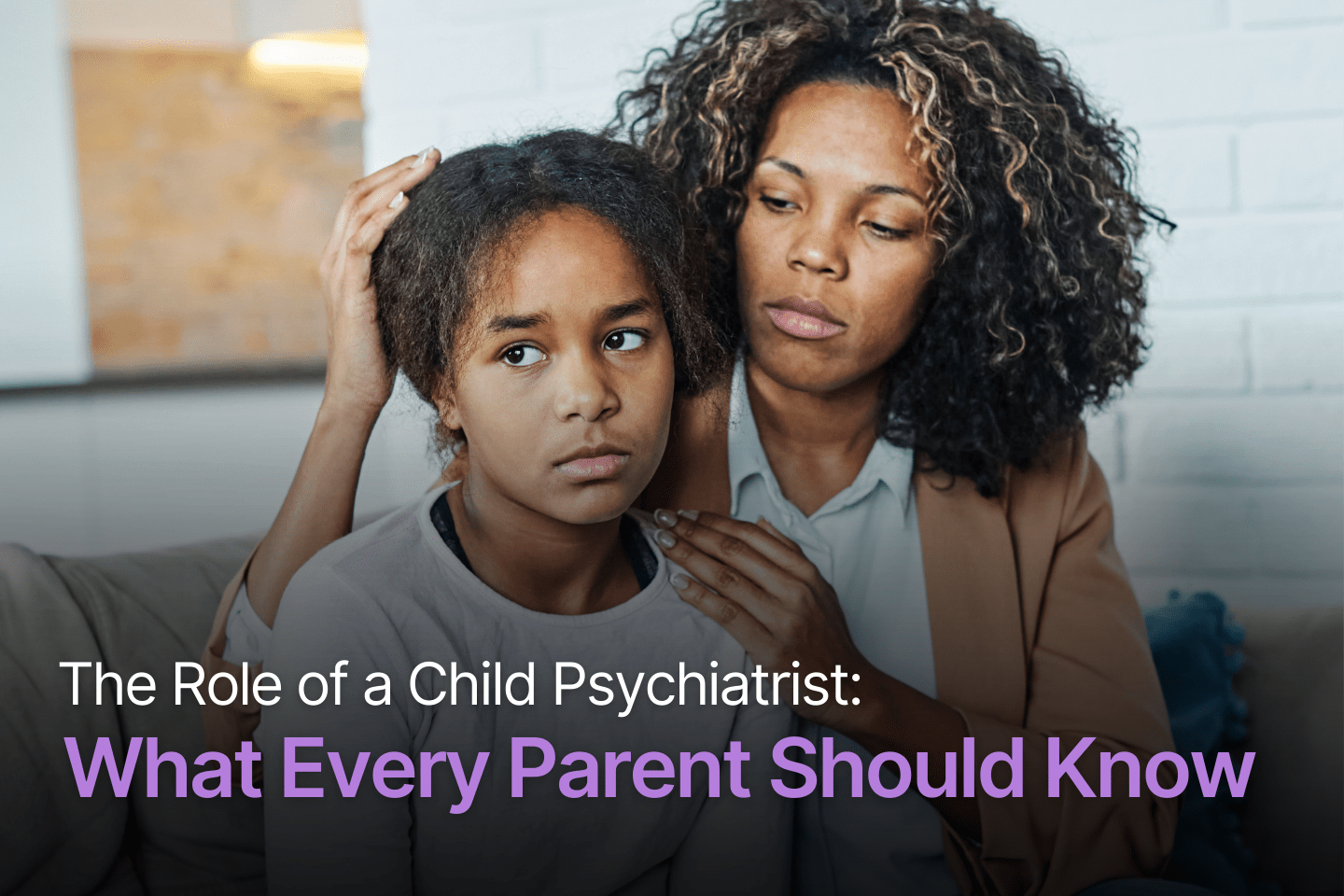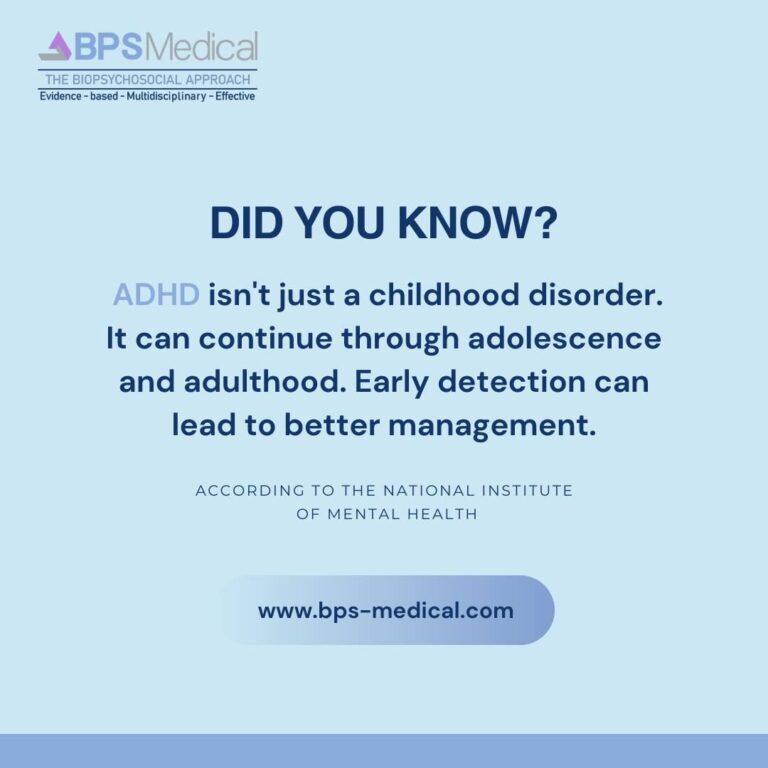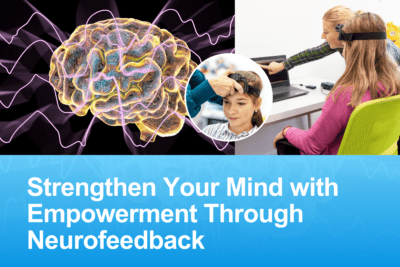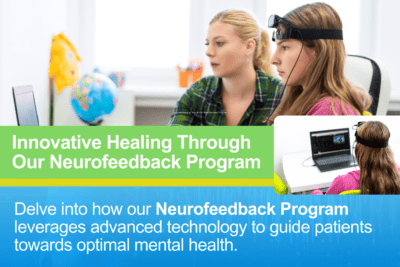
Home » Why Would a Child Be Referred to a Psychiatrist?
Why Would a Child Be Referred to a Psychiatrist? Understanding the Reasons and Seeking Timely Help
When a child is struggling with emotional, behavioral, or psychological challenges, a referral to a psychiatrist can be a crucial step toward effective treatment and support. Parents and caregivers might wonder why such a referral is necessary and what to expect from psychiatric evaluation and treatment. This comprehensive blog delves into the reasons why a child might be referred to a psychiatrist, supported by facts, statistics, and expert insights. We’ll also introduce Dr. Brian F. Greer, a highly experienced child psychiatrist who is available for consultations as quickly as 48 hours.
Meet Dr. Brian F. Greer, an expert child psychiatrist with 30+ years of experience. Now accepting new patients and offering virtual consultations. Book today!
Comprehensive Care for Your Child's Mental Health: The Role of a Child Psychiatrist
What is a psychiatrist?
A psychiatrist is a medical doctor who specializes in the diagnosis, treatment, and prevention of mental health disorders. Unlike other mental health professionals such as psychologists and counselors, psychiatrists are trained to evaluate both the mental and physical aspects of psychological conditions. This dual approach enables them to provide comprehensive care that may include medication management, psychotherapy, and other therapeutic interventions.
Areas of Specialization
Psychiatry is a diverse field with several subspecialties that focus on different patient populations and treatment approaches:
Child and Adolescent Psychiatry: This subspecialty focuses on diagnosing and treating mental health disorders in children and teenagers. Child and adolescent psychiatrists understand the unique developmental and psychological needs of young patients.
Geriatric Psychiatry: Geriatric psychiatrists specialize in the mental health care of elderly patients, addressing issues such as dementia, depression, and anxiety that are common in older adults.
Forensic Psychiatry: Forensic psychiatrists work at the intersection of mental health and the legal system. They may assess the mental competency of defendants, provide expert testimony in court, and work with individuals within the criminal justice system.
Consultation-Liaison Psychiatry: Also known as psychosomatic medicine, this subspecialty focuses on the interface between psychiatry and other areas of medicine. These psychiatrists work in hospital settings to address the psychiatric needs of patients with complex medical conditions.
Neuropsychiatry: Neuropsychiatrists study and treat disorders that involve both neurological and psychiatric symptoms, such as traumatic brain injury, epilepsy, and neurodegenerative diseases.
Top Reasons to Consult a Child Psychiatrist for Your Child’s Well-Being
The Importance of Psychiatrists
Psychiatrists play a vital role in the healthcare system by addressing the mental health needs of individuals across the lifespan. Their expertise is crucial in managing conditions that can significantly impact a person’s quality of life, such as depression, anxiety, bipolar disorder, schizophrenia, and many others.
By providing comprehensive care that includes medication management, psychotherapy, and crisis intervention, psychiatrists help patients achieve better mental health outcomes and improve their overall well-being. Their work not only alleviates suffering but also empowers individuals to lead more fulfilling and productive lives.
In conclusion, psychiatrists are highly trained medical professionals dedicated to diagnosing, treating, and preventing mental health disorders. Their extensive education and diverse roles enable them to provide holistic and effective care, making a significant difference in the lives of their patients.
What is a child psychiatrist?
A child psychiatrist is a medical doctor specializing in diagnosing and treating mental health disorders in children and adolescents. Unlike psychologists or counselors, child psychiatrists are trained to prescribe medication and provide comprehensive psychiatric care, including therapy and counseling. Their expertise covers a wide range of conditions, from anxiety and depression to severe mental illnesses like bipolar disorder and schizophrenia.
Key Reasons for a Psychiatric Referral
Persistent Emotional Distress
Emotional distress in children can manifest as prolonged sadness, irritability, or mood swings. When these feelings interfere with daily functioning, relationships, or academic performance, a referral to a psychiatrist might be necessary. For instance, major depressive disorder (MDD) affects about 2% of children and 4% of adolescents in the U.S. [Source: National Institute of Mental Health (NIMH)].
Statistics:
- According to the NIMH, about 3% of children aged 3 to 17 years have been diagnosed with depression.
- Long-term emotional distress can lead to more severe issues if left untreated, making early intervention critical.
Behavioral Issues
Behavioral problems such as aggression, defiance, or severe tantrums might indicate underlying mental health issues. Conditions like oppositional defiant disorder (ODD) and conduct disorder (CD) often present with challenging behaviors that require professional intervention.
Statistics:
- The American Academy of Child and Adolescent Psychiatry (AACAP) reports that 1% to 4% of children are affected by ODD.
- CD affects approximately 1% to 10% of children, depending on the population studied.
Learning Difficulties
Learning difficulties or academic underachievement can sometimes be linked to psychological or developmental disorders such as attention-deficit/hyperactivity disorder (ADHD) or autism spectrum disorder (ASD). A psychiatrist can help assess these conditions and recommend appropriate interventions.
Statistics:
- The Centers for Disease Control and Prevention (CDC) estimates that about 9.4% of children aged 2 to 17 years have been diagnosed with ADHD.
- ASD affects approximately 1 in 36 children in the U.S. [Source: CDC].
Trauma and Stress
Children exposed to traumatic events—such as abuse, neglect, or significant loss—may develop symptoms of post-traumatic stress disorder (PTSD) or other trauma-related disorders. A psychiatrist can provide a thorough evaluation and create a treatment plan to address the effects of trauma.
Statistics:
- The National Child Traumatic Stress Network (NCTSN) reports that up to 15% of children exposed to trauma will develop PTSD.
- Trauma can significantly impact a child’s mental health, making timely intervention crucial.
Mood Disorders
Mood disorders such as bipolar disorder can be challenging to diagnose in children due to the overlap with typical developmental behaviors. A psychiatrist can conduct a comprehensive evaluation to differentiate between normal developmental changes and mood disorders.
Statistics:
- The prevalence of bipolar disorder in children and adolescents is estimated at 1% to 2% of the population.
Obsessive-Compulsive Disorder (OCD) and Anxiety
OCD and anxiety disorders can significantly impact a child’s daily life and functioning. Symptoms might include excessive worry, compulsive behaviors, or severe avoidance. A psychiatrist can offer specialized treatment options that include both medication and therapy.
Statistics:
- Approximately 1% of children and adolescents are affected by OCD [Source: International OCD Foundation].
- Anxiety disorders affect about 7% of children aged 3 to 17 years in the U.S. [Source: NIMH].
Self-Harm and Suicidal Thoughts
Self-harm and suicidal thoughts in children and adolescents are urgent concerns that require immediate professional intervention. A psychiatrist can assess the severity of these thoughts and implement a crisis intervention plan to ensure safety.
Statistics:
- According to the CDC, 8.9% of high school students have seriously considered suicide in the past year.
- Early intervention is crucial to prevent escalation and ensure appropriate treatment.
Developmental Disorders
Developmental disorders such as autism spectrum disorder (ASD) or intellectual disabilities can benefit from a psychiatrist’s expertise in managing symptoms and supporting developmental milestones. Early diagnosis and intervention are key to improving outcomes.
Statistics:
- The CDC estimates that 1 in 36 children is diagnosed with ASD.
Family and Social Issues
Sometimes, family dynamics or social issues can contribute to a child’s mental health struggles. A psychiatrist can work with the child and family to address these issues and support healthier family interactions.
Statistics:
- Family conflict and instability are known risk factors for developing mental health issues in children.
Is your child struggling with anxiety, ADHD, or depression?
When to see a psychiatrist?
Key Indicators for Seeing a Psychiatrist
Persistent Emotional Distress
- Prolonged Sadness or Depression: Feeling persistently sad, hopeless, or losing interest in activities once enjoyed for more than two weeks.
- Anxiety and Panic Attacks: Experiencing excessive worry, fear, or panic attacks that interfere with daily life.
Behavioral Changes
- Aggressive or Defiant Behavior: Sudden or severe changes in behavior, including aggression, defiance, or destructive actions.
- Withdrawal from Social Activities: Avoiding social interactions, isolating oneself, and losing interest in spending time with friends and family.
Cognitive Issues
- Difficulty Concentrating: Struggling with focus, concentration, or memory that affects work, school, or daily tasks.
- Decline in Academic or Work Performance: Noticeable drop in performance or productivity at school or work without an apparent reason.
Physical Symptoms
- Unexplained Physical Ailments: Experiencing physical symptoms such as headaches, stomachaches, or chronic pain without a medical cause.
- Changes in Sleep or Appetite: Significant changes in sleep patterns or appetite, including insomnia, excessive sleeping, weight loss, or weight gain.
Substance Use
- Increased Use of Alcohol or Drugs: Using substances to cope with emotional distress or noticing an increase in usage over time.
- Substance Abuse: Dependency on substances that interfere with daily responsibilities and relationships.
Trauma and Stress
- Exposure to Traumatic Events: Experiencing trauma, such as abuse, violence, or a significant loss, and struggling to cope with the aftermath.
- Chronic Stress: Persistent stress that feels overwhelming and unmanageable.
Relationship Issues
- Difficulties in Relationships: Struggling with interpersonal relationships, including conflicts, communication problems, or emotional detachment.
- Family Dynamics: Issues within the family that contribute to emotional or psychological stress.
Self-Harm and Suicidal Thoughts
- Self-Injury: Engaging in self-harming behaviors as a way to cope with emotional pain.
- Suicidal Ideation: Having thoughts of suicide or making plans to harm oneself.
Developmental Concerns (for Children and Adolescents)
- Delayed Milestones: Concerns about developmental milestones or regression in skills and abilities.
- Behavioral or Academic Issues: Persistent behavioral problems or significant difficulties in academic performance.
Benefits of Seeing a Psychiatrist
Expert Diagnosis
- Psychiatrists are trained to diagnose complex mental health conditions, differentiating between similar symptoms to provide accurate diagnoses.
Comprehensive Treatment Plans
- They develop individualized treatment plans that may include medication, psychotherapy, lifestyle changes, and other therapeutic interventions.
Medication Management
- Psychiatrists can prescribe and manage medications to help alleviate symptoms and improve mental health.
Therapeutic Support
- They provide various forms of therapy, such as cognitive-behavioral therapy (CBT), psychodynamic therapy, and other evidence-based practices.
Holistic Care
- Psychiatrists consider the whole person, including physical health, lifestyle, and social factors, to provide holistic care.
Crisis Intervention
- In cases of severe mental health crises, such as suicidal ideation or psychotic episodes, psychiatrists offer immediate and effective intervention.
How to Take the First Step
Recognize the Need for Help
- Acknowledge the signs and symptoms that indicate a need for professional support.
Consult a Primary Care Provider
- Start by discussing concerns with a primary care provider, who can provide a referral to a psychiatrist.
Research and Choose a Psychiatrist
- Look for a psychiatrist with expertise in the relevant area of concern. Consider factors such as experience, specialization, and patient reviews.
Schedule an Appointment
- Contact the psychiatrist’s office to schedule an initial consultation. Be prepared to discuss symptoms, medical history, and any previous mental health treatment.
Prepare for the First Visit
- Write down any symptoms, concerns, and questions to discuss during the appointment. Bring a list of current medications and any relevant medical records.
Why Choose Dr. Brian F. Greer as Your Child Psychiatrist in Ft Lauderdale?
Dr. Brian F. Greer, a board-certified child psychiatrist with over 30 years of experience, is dedicated to providing comprehensive mental health care for children and adolescents. Here’s why Dr. Greer is an excellent choice for your child’s psychiatric needs:
1. Extensive Experience
Dr. Greer’s extensive experience includes roles as Unit Director of Child/Adolescent Psychiatry and Medical Director at various centers. His broad experience ensures that he can address a wide range of mental health issues with expertise.
2. Comprehensive Care
Dr. Greer combines traditional psychiatric practices with evidence-based approaches to offer holistic care. His treatment methods are tailored to each child’s specific needs, whether it involves medication management, therapy, or a combination of both.
3. Available for Timely Consultations
Understanding the urgency of mental health concerns, Dr. Greer is available to see new patients as quickly as 48 hours. This rapid response ensures that your child can begin receiving the help they need without unnecessary delays.
4. Virtual Consultations
For added convenience, Dr. Greer offers virtual consultations. This option allows families from across Florida to access his expertise without the need for travel, making it easier to get timely support.
5. Specialization in Various Conditions
Dr. Greer has expertise in treating a range of conditions, including anxiety, ADHD, depression, trauma, and more. His specialized knowledge ensures that your child receives targeted and effective treatment.
Board-Certified Child Psychiatrist Dr. Brian F. Greer Now Seeing Patients in Fort Lauderdale. Schedule An Appointment with A Psychiatrist Today!









